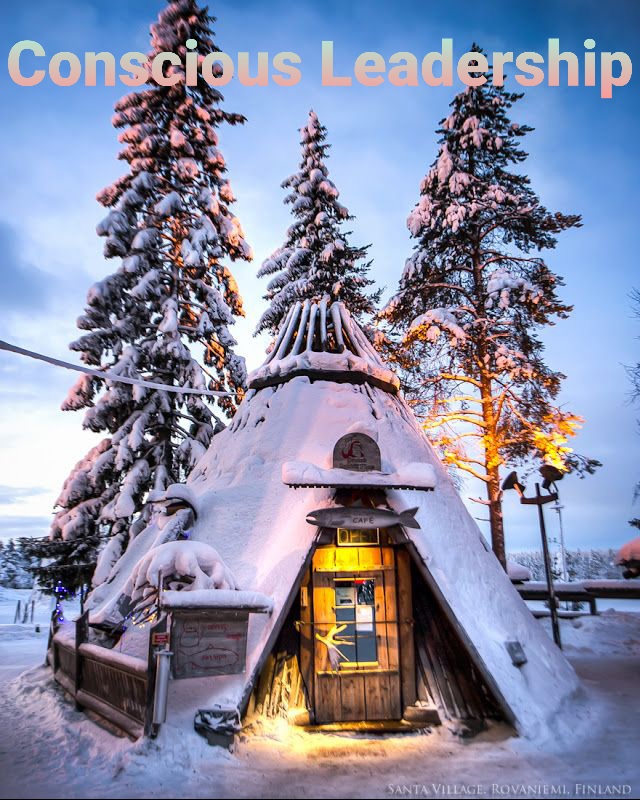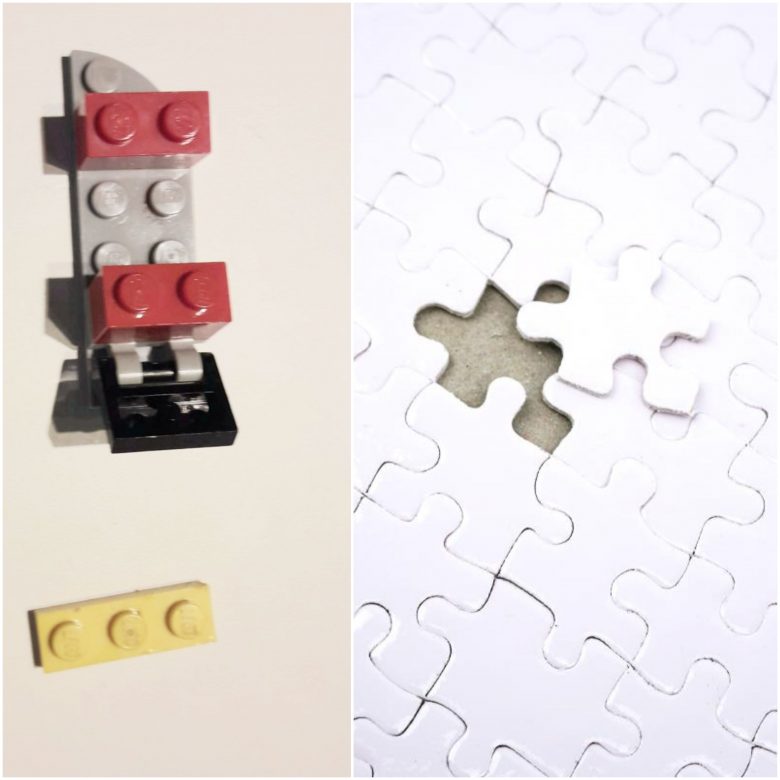On August 28th 1963, Martin Luther King Junior gave his iconic speech: “I have a dream“. Unfortunately, those words are still with us, in the sense that dream has not yet become a reality. We often hear the news about African American complaining about racial tensions and inequality. It seems that we are finally making some progress. However, there are still many people in the world that have been silenced, we do not hear from them or even about them. It is like if those lives do not really matter to us. They are the unconnected.
A few months earlier Dr. King had said in his famous Letter from a Birmingham Jail:
“Injustice anywhere is a threat to justice everywhere. We are caught in an inescapable network of mutuality, tied in a single garment of destiny. Whatever affects one directly, affects all indirectly.”
Africa has systemic problem. Periodic, irregular aid is very necessary and I would like to use this platform to thank all those people who are helping to safe lives on the ground. However, we need to build systems to tackle a systemic problem, once for all.
¨Give a man fish and you fed him for a day; teach him how to fish and you fed him for a life time¨. This old proverb resonated with me. With internet, we have the entire universal knowledge on our pockets. In addition, we have the ability to share it in real time. However, what are we teaching those in desperate need of knowledge? Why we do not see them on the news except when they come knocking on our doorstep? Do not they have a voice?
In my book, The Crossroads, there is a section on human rights and technology. I found this topic fascinating, because human rights are granted to all. Somehow there is a recognition, that each person is unique but at the same time, we are all one. It is a perfect example where law meets conscience at a planetary level. In a connected world, the unconnected are not able to enjoy, claim and exercise the rest of their human rights.
In human rights theory, the first generation of human rights, sometimes called “blue rights” have to do with general freedom and participation in political life.
Second generation deals with the rights that we enjoy in the western world from the 50s and deal with socio-economic and cultural rights. They are very linked to the welfare State.
The third generation of human rights it are also known as the “green rights” or solidarity rights. They go beyond the individual and they focus on collective frameworks. It includes a very wide scope of different rights among them:
· The right to a healthy environment
· The right to economic and social development
· The right to natural resources
· The right of participation in cultural heritage and
· The right to communicate or COMMUNICATION RIGHTS
The latter being the most important third generation right, since it precedes all others and empowers people to exercise them. This goes beyond freedom of speech. In today’s world we are talking about access to internet. To give a voice to those who have traditionally been silenced. For example, it is difficult to have a healthy environment, even to have an effective environmental protection, if you do not have a system to take measurements and analyze samples periodically. For that, you need computers and the internet. The same could be said abour participation in your cultural heritage or economic development, Internet works as an enabler of all other third generation human rights. However, there are four billion people without a reliable access to internet, deepening the digital divide and widening disparity. Not only remote villages but also learning centers in Africa, such as schools and Universities, have none or limited access to internet.
Many people do not have access to other fundamental services such as banking, credit and insurance that are critical to develop an economy. Internet with crypto currency and decentralized finance could be a solution, but it needs a connection.
The unconnected also live in a non-documented society. They do not enjoy the necessary legal certainty for an economy to take off. Real estate transactions, property deeds even personal data of an individual, in many cases, are not registered, anywhere. With internet and blockchain technology, this problem could be definitely fixed. Technology would create a bullet proof evidence system to build the necessary framework for legal transactions to take place.
Internet is also fundamental to build a healthcare system. Traditional agricultural countries, such as Spain and Italy, are receiving lots of migrant workers from remote regions of Africa to harvest the fields. They spend weeks living in very difficult conditions and Covid 19 is spreading again. This is the hard evidence that we are all one and we cannot continue ignoring, or worse, using a part of the world’s population. Technology has shrunk the world but not everyone seems to benefit from it. On the contrary, it appears that some people have been left out and are now victims of our system.
With all this in mind my mood grew darker, what could I do? Are not governments of developed nations seeing this problem? Just when I was in the middle of all these thoughts, my mobile phone rang. It was a call from my trusted friend Antonio. He had a positive message to give me. He directed me to a specific url who talks about “Connecting the Unconnected”. I started browsing the web I came to the page that Antonio had just mentioned. A page that has changed my life. It was the Kajanjoo project by World Mobile Chain. I was left speechless…the voiceless were finally talking. The only thing I could do was to listen…
I needed to know more about World Mobile Chain and I read everything it was out there. What I have found out is that World Mobile Chain is a company which has formulated an inspiring vision, a sound business strategy matched with audacious actions, and a formidable team. All of these, spiced with lots of tenacity and commitment.
It is a team of people moved by people. At that point I decided I had to meet World Mobile Chain CEO: Micky Watkins (a.k.a. Mr. Telecom). I have had several electrifying conversations with Micky by now. He embodies everything I have discussed here about true Conscious Leadership. At that point I knew I had to make Micky’s vision my cause: CONNECT THE UNCONNECTED.
In conclusion, World Mobile Chain is a complete environmentally and economically sustainable connection for a new Africa 2.0 which, at the same time, provides a great privacy solution by default and by design. I found this to be a meaningful project and one I want to contribute to. Over the years in my career, I have witness many examples of CEOs with huge egos, acting out of personal selfishness, leading short-sighted corporations with a limited vision. It has been refreshing to come across a project such as World Mobile Chain. A perfect example of Conscious Leadership by a cohesive team, in the new Coronalism times.
For more about WORLD MOBILE CHAIN see:
https://www.worldmobile.io/the-chain/



